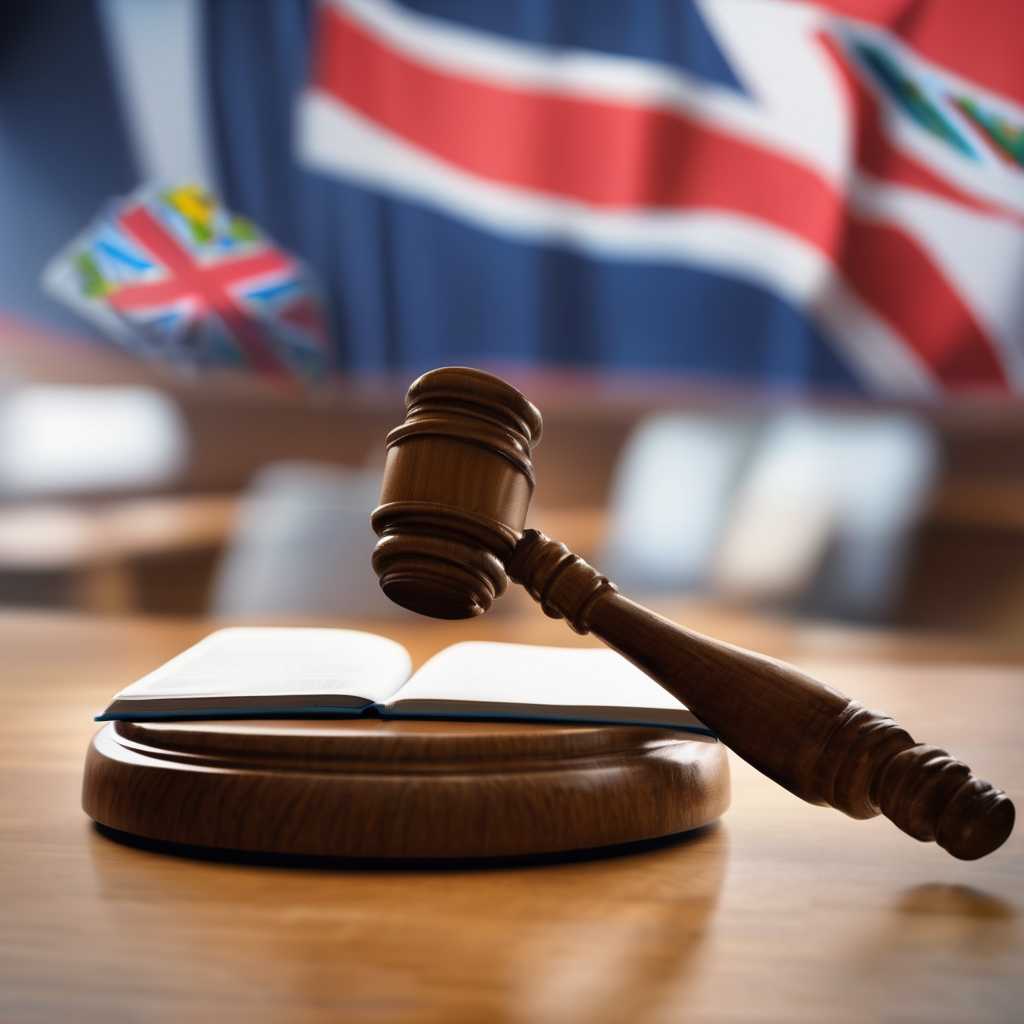The ongoing tribunal investigating allegations of misconduct against suspended Fiji Corrections Service Commissioner Dr. Jalesi Nakarawa is drawing significant attention, particularly following the appearance of his stepson, Inia Yavala. During his testimony, Yavala claimed that three officers who provided evidence against him concerning his recruitment process were dishonest, raising concerns about a potential breach of protocol.
Yavala, 24, asserted that he fulfilled all requirements of the selection process, including passing fitness and psychological assessments, after joining the service on March 18. He strongly refuted claims that he failed the critical 2.4-kilometer run or left the testing area prematurely. Despite facing records that stated he did not finish the run, he insisted that these records were inaccurate and characterized the testimony of the three officers as untruthful.
However, the lack of specific names from Yavala among the 55 individuals who could validate his claims led to questions about the reliability of his assertions. The tribunal panel, consisting of Justices Daniel Goundar, Dane Tuiqereqere, and Savenaca Banuva, is diligently pursuing these allegations as part of the ongoing inquiry.
In relation to Dr. Nakarawa, Vili Veikoso, a Services Welfare Officer, shared details about a request made by the Corrections Wives’ Association for financial aid for a volleyball tournament. Veikoso stated that Dr. Nakarawa directed him to arrange the necessary paperwork for board approval and confirmed that payments were made to Dr. Nakarawa’s wife, acting as the association’s president.
Additionally, Veikoso commented on the purchase of expensive furniture for Dr. Nakarawa’s residence, noting that the Chief Logistics Officer had sanctioned the use of welfare funds for these acquisitions. He acknowledged that no formal discussion took place regarding these expenses but maintained that they did not appear to constitute an abuse of the welfare fund under the prevailing policies.
The tribunal’s investigations shed light on larger governance issues and recruitment practices within the Fiji Corrections Service, highlighting earlier concerns about nepotism. Previous hearings have highlighted the need for reforms to ensure transparency and promote merit-based hiring practices.
As this inquiry progresses, it serves as a pivotal opportunity to tackle issues of institutional ethics and accountability, potentially revitalizing public confidence in the governance of Fiji’s correctional system. While the challenges posed by the allegations against Dr. Nakarawa are significant, they may also spur meaningful reforms aimed at improving operational standards and ensuring appropriate use of the staff welfare fund. The hearings are set to continue tomorrow.
